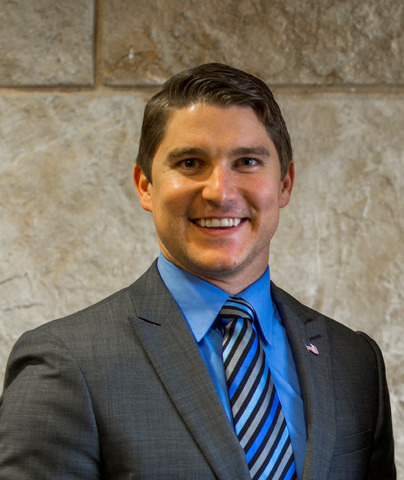People connected to the internet use it for a wide range of purposes, often to catch up with friends on social media or randomly surf the web. Unfortunately, your social media friend may not be who they appear to be. Scammers earn victims’ trust by taking advantage of social networking sites and often pretend to be someone the victim already knows. They may send out a message or two with COVID-19 news, a fundraising request or perhaps a great deal on a product.
How the Scam Works
While scrolling through Facebook, a message pops up in Facebook Messenger from your friend, family member or neighbor. At least it “looks” like them because the profile picture and name match. From here, the conversation goes one of two ways. In one version, your “friend” tells you about a terrific deal they found online or a funny video they want you to view, often including a link to the deal or video. All they want is for you to select the link, share the news, or simply respond to their message. They may ask you to share the deal with other friends or post about it on your page. With their recommendation, you may decide to follow the link or participate in the deal. Stop and think: would this person usually pass along this type of information, or is it a little out of character?
In another version, the “friend” claims to be raising money for a charity to support emergency personnel, a food bank or some other organization that has been hit hard by the pandemic. They may ask you to donate to an unfamiliar organization for a cause they do not typically promote. The message appears to be coming from someone you know and trust, so you may be more inclined to donate to the charity without researching it further.
Additionally, your “friend” may send you a message saying they believe their account has been hacked and asks you to accept their friend request for their new account. It may turn out they were not hacked, and the new account is fake. This often occurs when your friend’s publicly visible profile is used by a cyber thief who copies their information. After creating a new account, the con artist sends out new friend requests, disguising themselves as someone you know.
BBB recommends that social media users verify that the Facebook message or request originates from who it appears to be before interacting with links from a Facebook friend. Go the extra step and call, text, or email the friend to see if they really sent the message.
How to Protect Yourself from Facebook Scams
Be wary of online messages. A person may be trustworthy in real life, but sometimes friends share things without checking them out first, and online accounts can be hacked. Take a closer look before sharing, applying, or donating. Go to Give.org to verify the authenticity of a charity before making any contributions.
Do some research. Go to BBB.org/ScamTracker to see if the online marketplace the message is promoting is legitimate and check for online reviews. If you can’t find any reviews or information about a website, it is likely a fake. Look for the contact information for the website, including a physical address and other communication methods other than just email. If there is no contact info, that is a red flag that it may not be legitimate.
Press for details. Ask strategic questions without giving any personal information to confirm you are talking to someone you know. If your “friend” can’t give you straight answers or doesn’t know something that they should, leave the conversation, block them and then change your Facebook settings as well as your password.
Check your friends list. If you receive a friend request from someone you think is already your friend, check your friends list to see if it could be a duplicate account. If it is, reach out to that person and verify that they either created a new account or meant to send you a new request.
Report suspicious activity to Facebook. You can report scammers to Facebook to help protect your real friends and family from a scam, including impersonations. You can reduce the risk of con artists impersonating your profile by tightening up your privacy settings and hiding your friends list. Do a “Privacy Checkup” by clicking on the question mark at the top of your Facebook home page.
For other Facebook-related warnings, see BBB’s articles on sharing your vaccine card, sharing your senior photo, and taking Facebook quizzes on BBB.org/News.
For More Information
To learn more BBB’s recommended 10 steps to avoid scams, visit BBB.org/AvoidScams.
If you have been the victim of a scam, report your experience to Better Business Bureau at BBB.org/ScamTracker. Your report may help others identify and avoid a scam.


